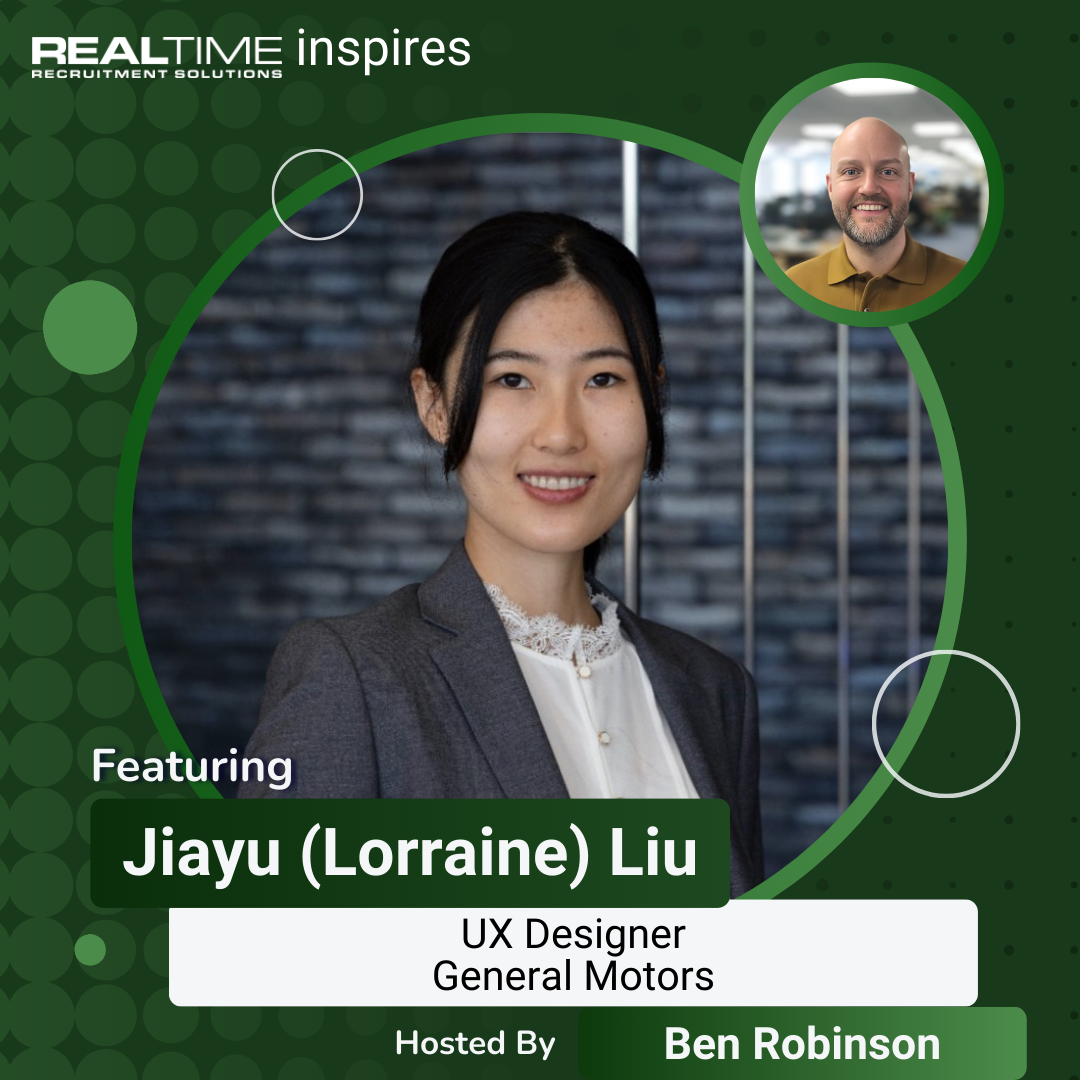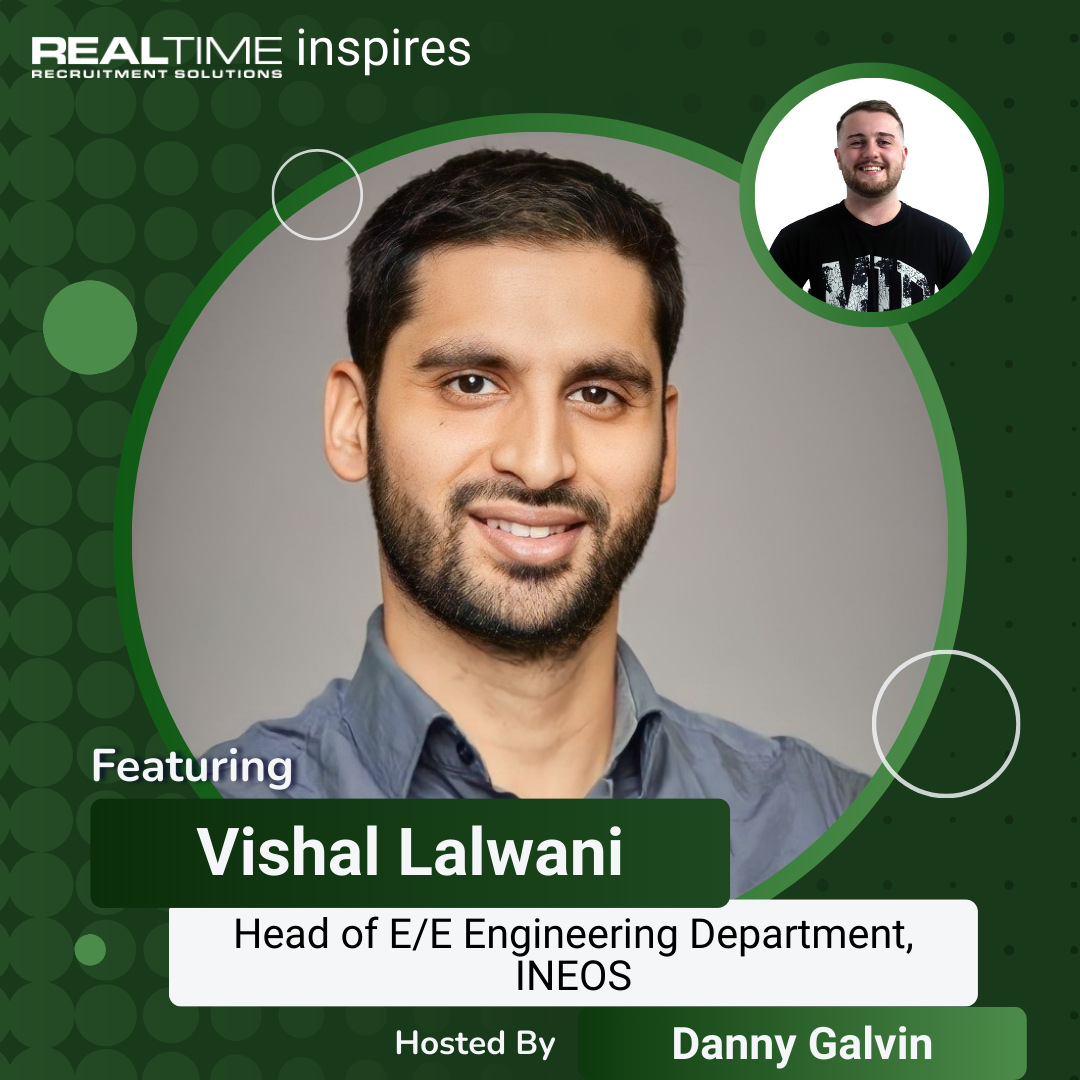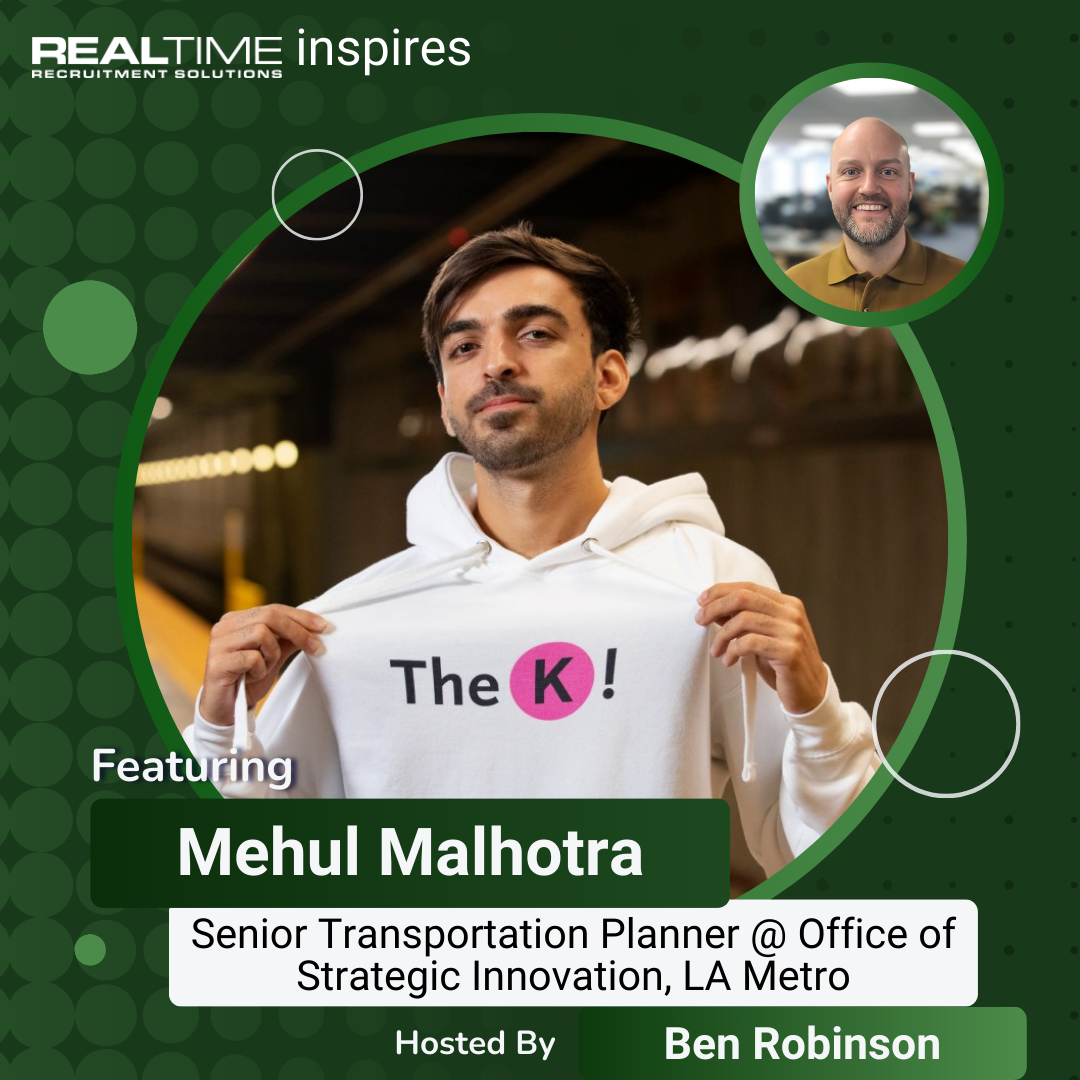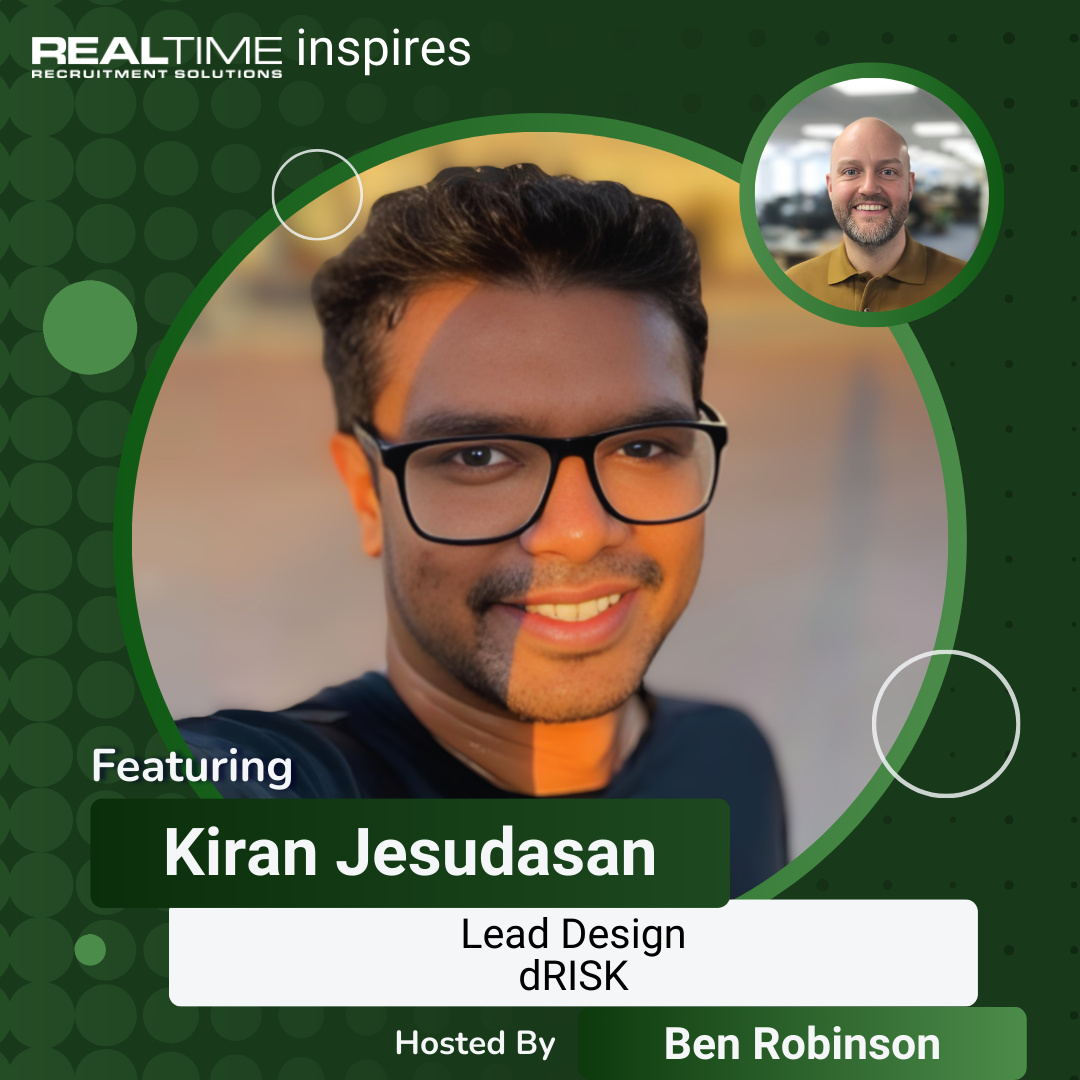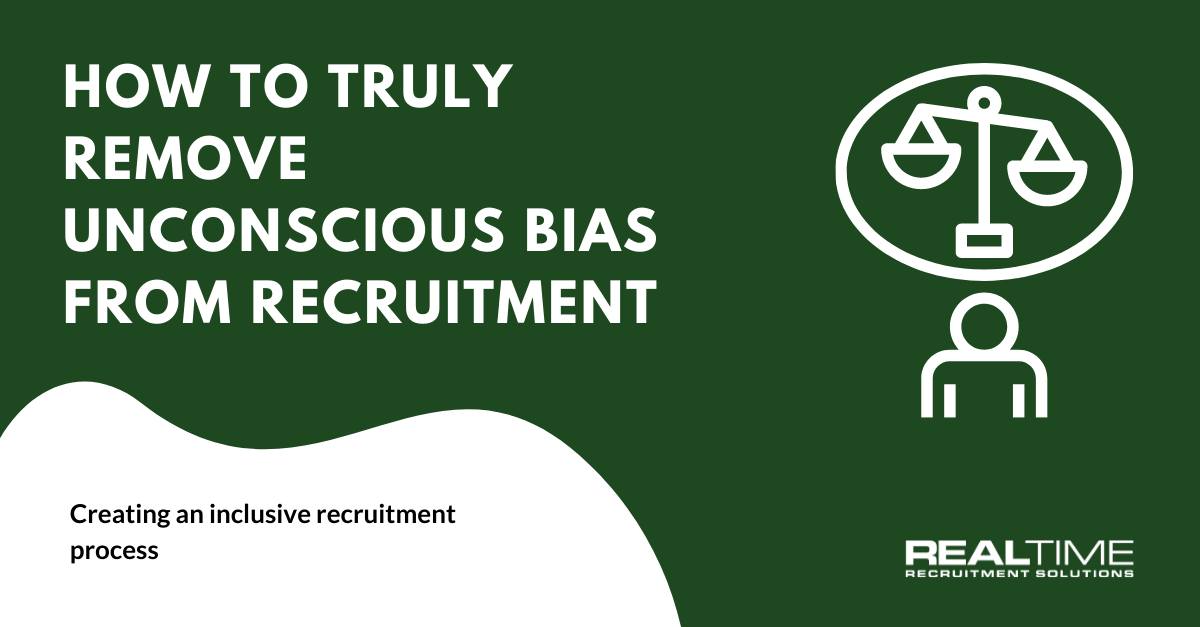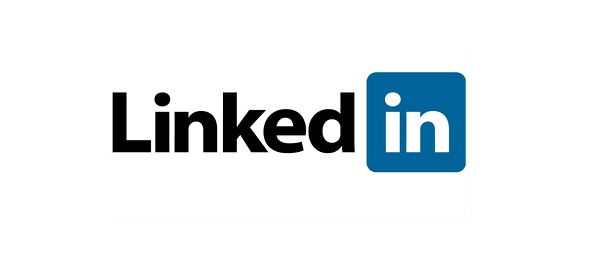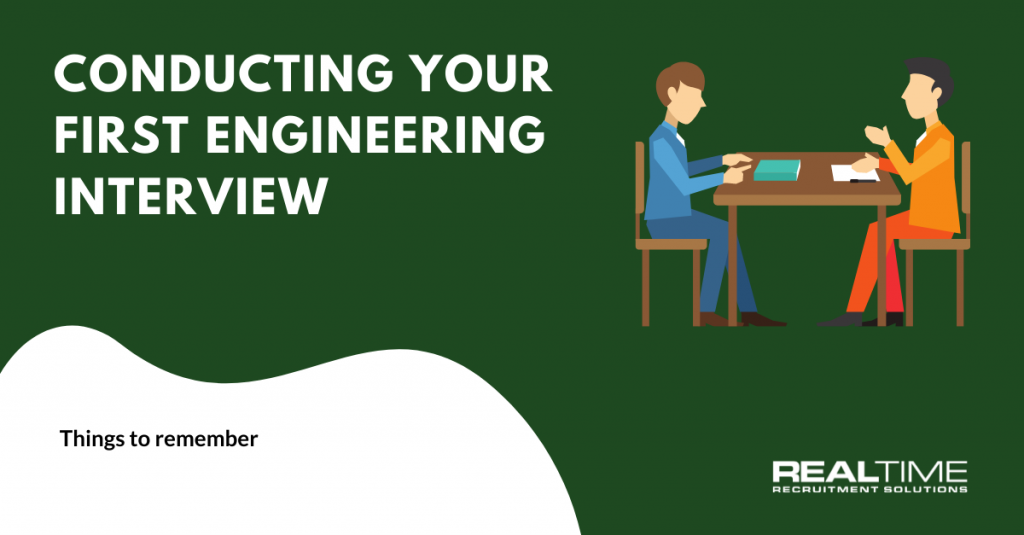
Conducting Your First Engineering Interview
Whether you’re new to HR, a first-time people manager or you’ve just never had the budget to increase your engineering team – conducting your first engineering interview can be just as nerve-wracking as being interviewed for it. With only one hour to gauge a candidate’s skills, expertise, team-fit and likelihood to perform, knowing how to conduct your first interview is vital, and we’ve got the best tips for you.
Before the interview
Sitting on the other side of the interview desk does not exclude you from the requirement to prepare. Preparing for the interview saves time, focuses the discussion and creates a good impression. It should involve:
Reading the CV again
Re-reading the CV prevents you from asking unnecessary questions, highlights any queries to be made about date discrepancies or gaps in employment and it gives you a casual conversation starter to put the candidate at ease (“your CV says you’re into CrossFit – I love it, which gym do you use?”)
Reviewing the job description again
You know what you want from your next engineer, but what have you said you want? Reading the job description reminds you of the skills you have asked the candidate to demonstrate – ensuring that you ask questions and create scenarios that draws out these skills during the interview.
Preparing your questions
Speaking of interview questions, it’s essential to prepare these before you’re pouring the candidate their first glass of water. Why? Well, firstly, you might get so wrapped up talking about CrossFit that you forget what questions you wanted to ask. And secondly, it helps you to make the most of your time in the interview room – unearthing the right information to inform your decision. Ensure that you have a mix of open-ended questions and competency-based questions that cover technical skills, soft skills and personality.
During the interview
Remember the advice to dress for the job you want, maintain eye contact and speak slowly> That still applies when conducting the interview, as does:
Setting the atmosphere
You’re nervous, and they’re nervous – avoid a recipe for disaster by putting everyone at ease and creating a comfortable atmosphere. Pick a private room, set a comfortable temperature, offer the candidate water and ease them into the interview with some gentle questions or conversation starters. Your aim is to turn the interview into a conversation, giving them the time to answer and the space to ask you any questions. Oh – and don’t forget to take in a notepad.
Not judging
They may have turned up late, not been able to answer your first question or previously worked for a company you loath – but it’s crucial to stay impartial, remain interested and gather all facts and information before you start making a decision. Nerves do terrible things to candidates, and they can do terrible things to you too. If you’re worried about your ability to stay impartial, ask your HR department for some interview equality training – it can help to avoid an embarrassing faux pas.
Selling the benefits
You’re inviting the top engineers to come along to your office so that you can make a decision on them. Guess what? They’re making a decision on you too. Be energetic and enthusiastic about the role and company, discuss the opportunities for progression and offer to show them around the office and meet the team they’ll be working with. Your goal is to create an outstanding first impression – even if this isn’t the candidate for you, you don’t know who they know, what they’ll grow into or how loudly they speak on social media.
Following the interview
With the final few minutes left, you’re nearly done and ready to get back to your desk – but it’s not over just yet. Your final tasks will involve:
Closing the interview
The candidate will have prepared their own question to ask you and now’s the time to let them loose. Answer any questions as openly and honestly as you can and offer to find out the answers to any questions you’re unsure of. Finally, bring the interview to a close by explaining the next steps and showing the candidate out.
Making your decision
Equally, the easiest or hardest part of the whole process is deciding who to offer the role (or second stage interview) to. Review your notes, discuss your opinions with other members of the interview panel or HR, ensure that your decision is based on skills and expertise (and not characteristics such as gender, religion or age) and pick your lucky new employee.
Informing all candidates
Finally, you need to let everyone know the outcome, providing contract information and benefit details to the successful candidate, and useful feedback and thanks to unsuccessful candidates. Only then can you begin working on their new induction plan – but that’s another blog in itself.
Happy interviewing!
If you’d like help in sourcing the right candidates for your first interview, speak to one of our specialist engineering recruitment consultants today.
